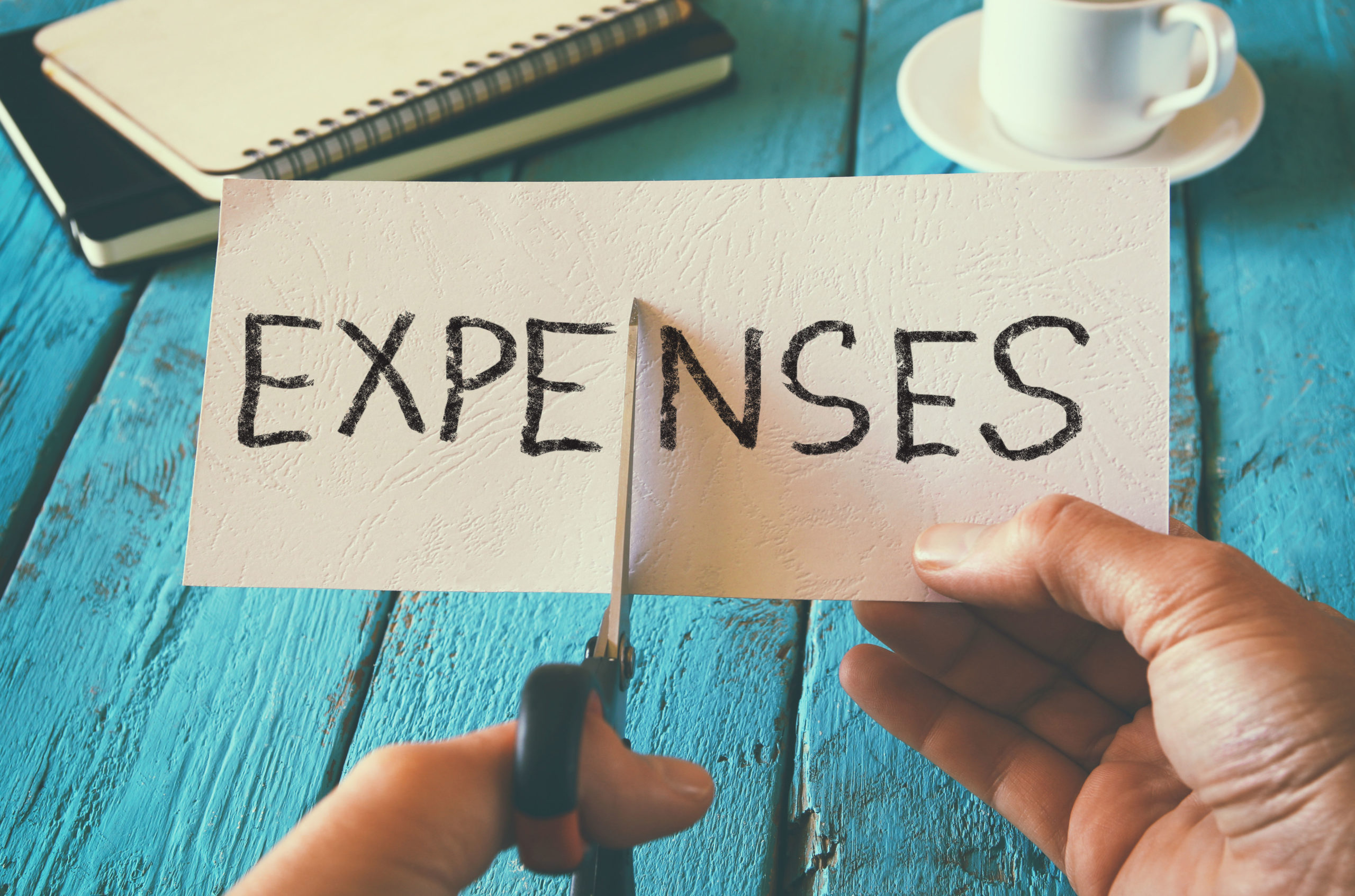Bayport Blog
Saving your way to financial health can be fun
Published: 2021-07-02
Categories: Financial wellness
Tags: Managing your Money

Spend less and save more. Only people who don’t have your financial stress can think it’s that easy. Not so. Let’s look at ways to put the fun into saving.
With July being National Savings Month in South Africa, now is a good time to think about saving in a new way. If you aren’t a regular saver already, or if you think that you don’t have money to save, use this month to play with savings. Yes, that’s right – play.
A good way to start a new habit, is to have fun with it and to get going with small steps, instead of shooting for the big goal right away. Here are some ideas to put the fun into saving, and to get you started.
- Challenge yourself to save as much as you can during the month. Don’t even put an amount or a percentage to the challenge; simply decide that you are going to see how much you can save, and then do it by thinking twice about everything you spend money on. Make a note of all the money you save and add it up at the end of every week.
- Keep track of your savings. When you add up your savings at the end of the week, plot it on a simple graph or other chart and put it up where you can see it, such as on your fridge or where you keep your car keys. Seeing your progress is a great way to motivate yourself. Your savings chart can also be a fun way to start a conversation about financial wellness with friends and family members.
- Challenge others to join you. Other people can be a great help when it comes to saving, or a great stumbling block. When friends hang out together, it is easy to spend money together. You end up eating more, drinking more and buying more clothes or cosmetics or gadgets than when you shop on your own. But it is also more fun to go bargain hunting with a friend or two, or to cook together as a family instead of going out to a fast food restaurant.
- Make it a competition. To get your friends or other people in your household on board, turn the savings challenge into a competition with a prize for the person who saves the most. Be creative about the reward – instead of something that costs money, agree, for instance, that the losers will do chores for the winner for a week.
- Think about what you did differently. At the end of the month, take some time to reflect on how you managed to save. If friends or family members were part of the challenge, invite them to a discussion over drinks or coffee and cake and compare notes. The purpose of this exercise is to celebrate your results, and to decide which of the spending changes can and should become a permanent feature of your budgeting and spending so that saving can become a regular money habit. For example, you might have gone the whole month without going out, but that’s not how you want to live forever. Agree with yourself that you will go out once or twice a month in future, instead of once or twice a week. Or you did not buy any clothes this month, but you know that you will need clothes in future, hence you have to plan and budget for clothes every few months.
Once you have noted the savings successes and lessons of the past month, take the time to capture them in your budget. Using the example above, decrease the entertainment amount in your budget to twice a month and allocate some of it to savings and some to pay off debt quicker. This will improve your credit health.
If, for instance, you spent more on groceries during the challenge month, (because you were eating at home instead of in restaurants or getting takeaways) adjust your groceries budget accordingly – and then start thinking about ways to use the food you buy more cost effectively. For instance, experiment with planning your meals a few days in advance and doing a grocery shop once or twice a week based on your plan. Not only will you save money, but a meal plan makes your life easier as you don’t have to start thinking about supper when you get home from work. Another idea is to prepare more food than your household can eat in one meal. Freeze the leftovers and again make life easier in future when, instead of cooking, you can just defrost.
As you work on your personal budget and keep refining it, use this handy budget calculator to keep getting better at saving and planning for the future, while also reducing your financial stress.
Saving your way to financial health is a journey, but it doesn’t have to be a slog. If you make it fun for yourself and build some rewards into the process, you are much more likely to stick with it. Even if you are a regular saver, a savings challenge for a month can be a fun and powerful way to rethink your spending.
Go back